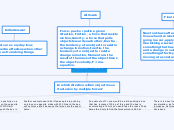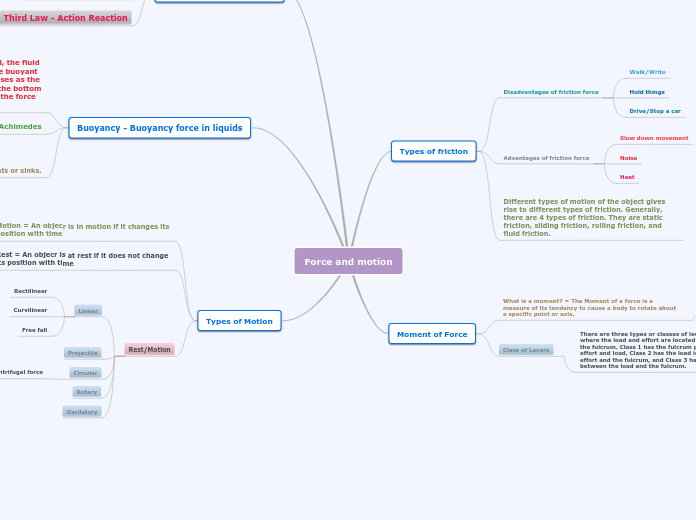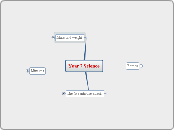arabera Colton Miedl 6 years ago
146
Newton's Laws
The concepts of force, friction, gravity, inertia, and momentum are foundational to understanding motion. Force refers to a push or pull in a direction, while friction is the resistance force against motion.









